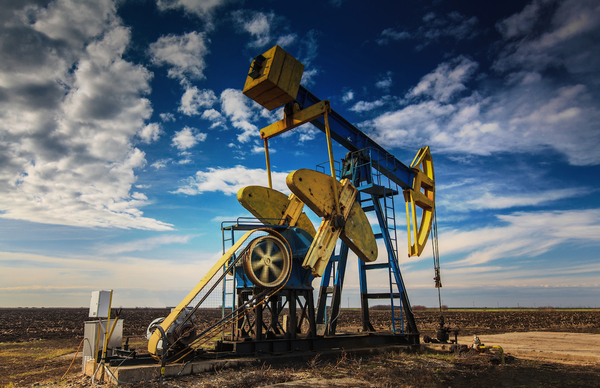The Local newsletter is your free, daily guide to life in Colorado. For locals, by locals.
Who doesn’t love cheap gas? Over the past few weeks, residents of Colorado and more than a dozen other states have been able to fill their tanks for a little more than two bucks a gallon, and experts predict that gas prices could continue falling indefinitely just about everywhere in the United States.
So, who doesn’t love cheap gas? Plenty of American oil and gas producers—specifically, those engaged in fracking. The current price dips started, in part, after OPEC declined to reduce its production rates in response to increased domestic production from fracking. The move was seen by many as a tactical effort to keep oil and gas prices down across the board, thus dampening the boom American fracking operations have enjoyed over the past few years.

If this approach continues, economists fear prices will keep going down, cutting into frackers’ profits and hindering their ability to sustain or initiate drilling projects and maintain or add jobs.
In addition to the economic setbacks, fracking recently suffered a major political one as well when New York Governor Andrew Cuomo announced that his state would ban all fracking operations. New York has had little or no fracking within its borders for years as competing interest groups have tried to stake out their positions, but citing unresolved concerns over the public health risks fracking may create, Cuomo decided that allowing the practice is simply too perilous.
These developments have obvious implications in Colorado, where fracking has been, in many ways, our most prominent political and economic issue in 2014. The potential bright spot of a fracking slowdown here is that it could weed out lesser companies, the shoddier ones that defenders of fracking operations say are chiefly responsible for the accidents and health violations that fracking’s detractors use to fuel their own efforts. A lull in the market could shutter these violators while also giving us more time to study fracking’s long-term effects on public health and the environment.
Of course, those who see jobs and incomes rising from fracking aren’t keen to wait, which is why 2015 may well end up being the Year of Fracking, Part 2. So prepare yourselves for a series of legislative, economic, and public relations battles about all aspects of the practice, all moderated by our own Governor John Hickenlooper, whose legendary ability to tight-rope walk between opposing sides of an issue will face its toughest test yet. But with Colorado’s overall economy in solid shape and many unresolved safety questions about fracking, we probably can afford to wait just a little longer before we throw open our outdoor paradise for business.
Follow 5280 editor-at-large Luc Hatlestad on Twitter at @LucHatlestad.








